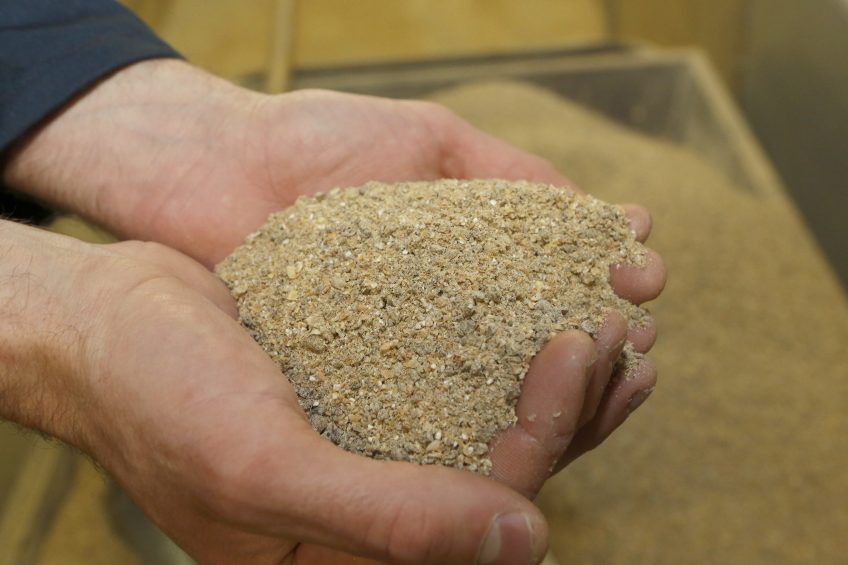Potential shortage of poultry feed following German blaze

Supplies of poultry feed across northern Europe are being monitored closely following this autumn’s major fire at BASF’s core plant at Ludwigshafen in Germany.
The blaze at the end of October, which occurred during the start-up of a new plant, has led to the ongoing closure of its Vitamin A and E plants.
BASF said in a news release last month that the company will only be able to restart these plants once supply of Citral is re-established and the corresponding intermediates for Vitamin A and E become available.
Force Majeure
“As the cleaning process, follow-up inspection, repair and restart of the Citral plant will take several weeks, BASF is forced to extend the Force Majeure to Vitamin A and E and, in consequence, to several carotenoid products.
“The impact of the Force Majeure situation as well as the effects for customers resulting therefrom are being evaluated at the moment. BASF is implementing measures to limit the consequences of the situation.”
Supply of feed disrupted
This has led to concerns that supplies of feed will be disrupted. Gary Ford, chief poultry adviser for the UK’s National Farmers’ Union, said the union was concerned about the impact any feed price increases could have on farmers’ cost of production. Feed represents 70% of the cost of producing poultry.
“Poultry farmers outside of any feed tracker contract will be particularly vulnerable to changes in feed raw material prices.
“Whilst the majority of egg producers and broiler growers will have the benefit of feed tracker contracts, there will be a number of farmers who are not in that position,” he stressed.














